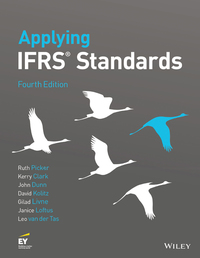Question
There is a seller with two items x and y, considering running an auction for two bidders A and B. Their valuations are: A's valuation
There is a seller with two items x and y, considering running an auction for two bidders A and B. Their valuations are:
A's valuation for both x and y = 100; A's valuation for x alone = A's valuation for y alone = 0. It is only worthwhile to A if they can get both x and y.
B's valuation for both x and y = 0; B's valuation for x alone = B's valuation for y alone = 75. B only wants one or the other.
(1) Suppose the seller runs a modified first-price auction. Each bidder submits bids (three valuations - one for each item or both together), then the seller chooses the revenue-maximizing assignment, and the bidder pays the seller for an item, or both items together, given by the seller. Would bidders submit their true valuations? Find any equilibrium bids in this example
(2) Suppose that the seller runs the Vickrey-Clarke-Groves auction. Find the resulting allocation and each bidder's payments.
Step by Step Solution
There are 3 Steps involved in it
Step: 1

Get Instant Access to Expert-Tailored Solutions
See step-by-step solutions with expert insights and AI powered tools for academic success
Step: 2

Step: 3

Ace Your Homework with AI
Get the answers you need in no time with our AI-driven, step-by-step assistance
Get Started


